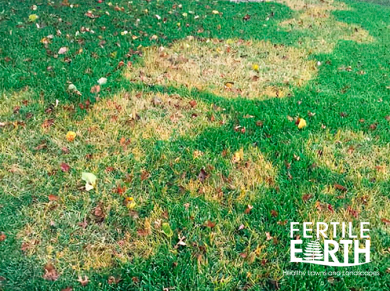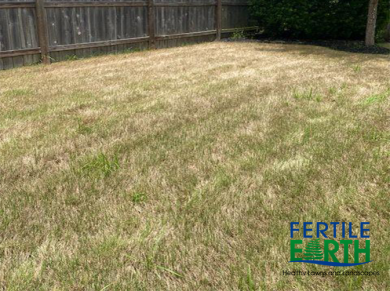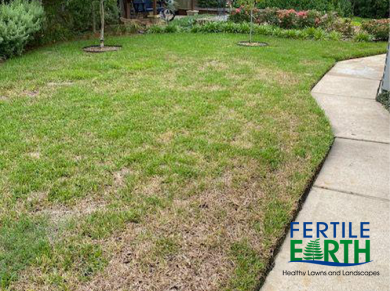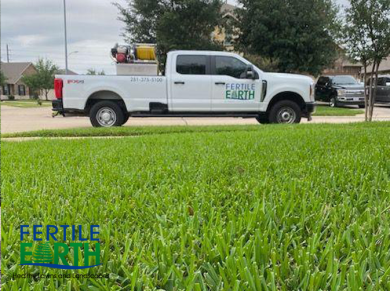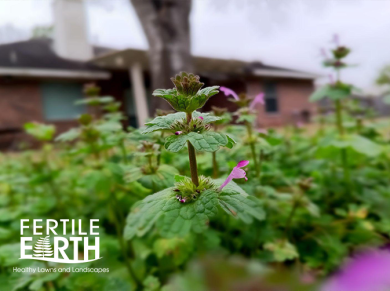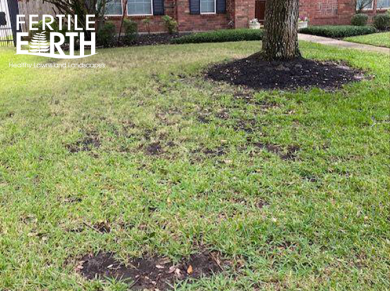Newsletter
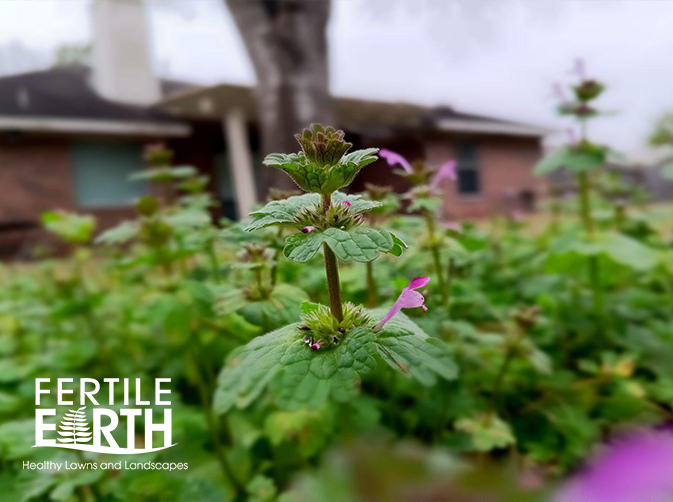
Weeds in February
As February arrives in Southeast Texas, homeowners may find themselves looking out over their yards and noticing a growing presence of weeds. While weeds may seem like a small concern during the winter months, early weed management is crucial for maintaining a beautiful and healthy landscape as we move into spring. February provides the perfect window for homeowners to take action before weeds take root and spread, ultimately saving time, effort, and resources throughout the year.
Why Early Weed Control Matters
Weeds are more than just an eyesore. They compete with desirable plants and grasses for sunlight, water, and nutrients. Left unchecked, weeds can quickly overtake a lawn leading to patchy grass, reduced plant health, and a less attractive landscape.
Common winter weeds in this region include broadleaf species like henbit, chickweed, and burclover, as well as grassy weeds like annual bluegrass. Addressing these weeds early on, before they have a chance to grow and spread, can prevent a major infestation come spring. Post-emergent weed control will take care of weeds that are already up while a pre-emergent applied now will prevent many weeds from germinating in the early spring. This is a key application if having a beautiful yard is your goal.
Cultural Practices to Avoid Spreading Weeds
Weed seeds can be spread in various ways. However, the most common is by a lawn mower. Cutting weedy areas and discharging the material back into the lawn only compounds your weed problem. A simple solution is to bag the clippings and take them off the property. Cleaning the blades after each mowing will aid in limiting the spread of weeds and disease as well.

Brandon Spiteri
O: 281-375-5100
Fertileearthtexas.com
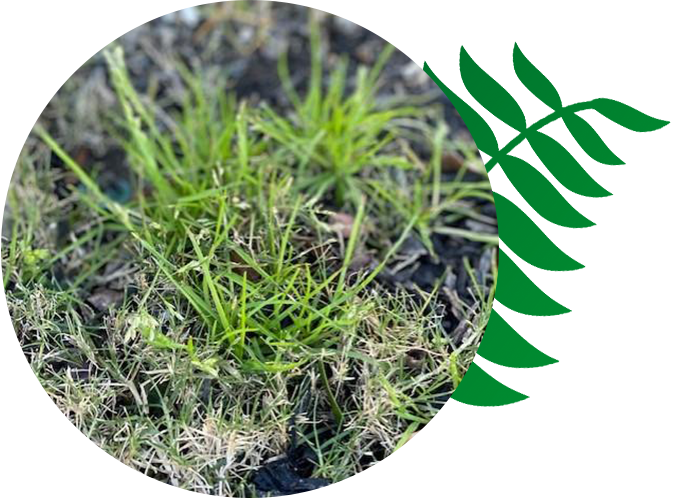
Raising the mower height will limit the opportunity for weeds. This is because a lawn mowed too short often creates thin areas in the lawn. These thin areas are where weeds germinate. A thicker, healthier lawn will better compete against weeds. St. Augustine should be mowed between 3-4 inches while bermuda and zoysia should be between 1 ½- 2 ½ inches.
Overewatering is a common cause of excessive weeds. Watering should be done as infrequently yet deeply as possible. At this time of the year, 1 time per week will work. If rain is consistent, you can even leave the irrigation turned off. This should allow for the shady or lower lying areas in your lawn to dry, which will limit the amount of germinating weeds.
Contact Us!
We are currently taking actions to tackle any weeds and limit many from germinating. Now is when we are setting up your lawn for a successful spring. If you have any questions, please contact us at 281-375-5100.





